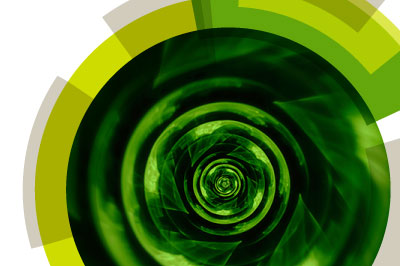From the study of the stars to archaeological discoveries, the universe is littered with clues about where we came from, how humans evolved, and how society developed.
In a special evening hosted by the learned societies of the Burlington House courtyard, we discover how researchers from a range of disciplines are working to unwrap these clues.
In our first lecture, Dr Helen Fraser explores the breadth of cosmic evolution, from the origins of the elements to the birth of planets. In the second, Professor Richard Evershed takes us on a journey through the history of prehistoric dairy farming – looking at what archaeological pottery can show us about evolving human digestion. In the final lecture, Professor Andrew Beeby charts the story of societal change through the study of inks in manuscripts, dating back to the 5th century.
Lecture descriptions:
The cosmic chemical cauldron
Dr Helen Fraser
By the time Mendeleev arranged the known elements into his periodic table 150 years ago, many of these same elements had also been "found" in space, and one element in particular, helium, was discovered in space before it was identified on Earth. In fact we now know that all the naturally occurring elements in the Universe are generated by nuclear processes in stars, and the cyclic journey of these elements and their chemistries as star formation, evolution and rebirth occurs is a crucial tool in modern astronomy for understanding star and planet formation.
In this cosmic journey we will explore the cold dark regions of space between the stars, known as interstellar space, which happen to be packed full of molecules. By combining state-of-the-art observations from space and ground-based telescopes with unique laboratory experiments, astrochemists are uncovering the molecular universe around us – from dying stars to new star-forming regions and planets, and eventually, possibly, to the emergence of life itself.
Chemical fingerprints of prehistoric food and farming
Professor Richard Evershed
The percentage of adults that can digest lactose varies strikingly around the world, with lactose intolerance being widespread outside of Europe. But how did prehistoric European populations develop a tolerance for lactose? The field of analytical chemistry could provide the answer.
Substances such as milk leave a chemical ‘fingerprint’, which can be detected on archaeological artefacts such as ceramic pots. By studying these chemical fingerprints we can chart the development of dairy farming from its beginnings. Along the way we can reach a greater understanding of culture, economy and technology in early populations.
Molecular medieval manuscripts
Professor Andy Beeby
Brightly illuminated medieval manuscripts tell a story – of people, culture and society. But it is only recently that scientists have developed robust methods for unravelling these stories – using non-contact, non-damaging analysis to study the paints, inks and other materials used.
Team Pigment is a group of scientists, historians and conservation staff who have developed portable instruments to enable the systematic study of historical manuscripts. Working together, they have examined books and documents from across the country, dating back to the 5th century, mapping the changes in materials being used and helping place these into the context of societal change.








